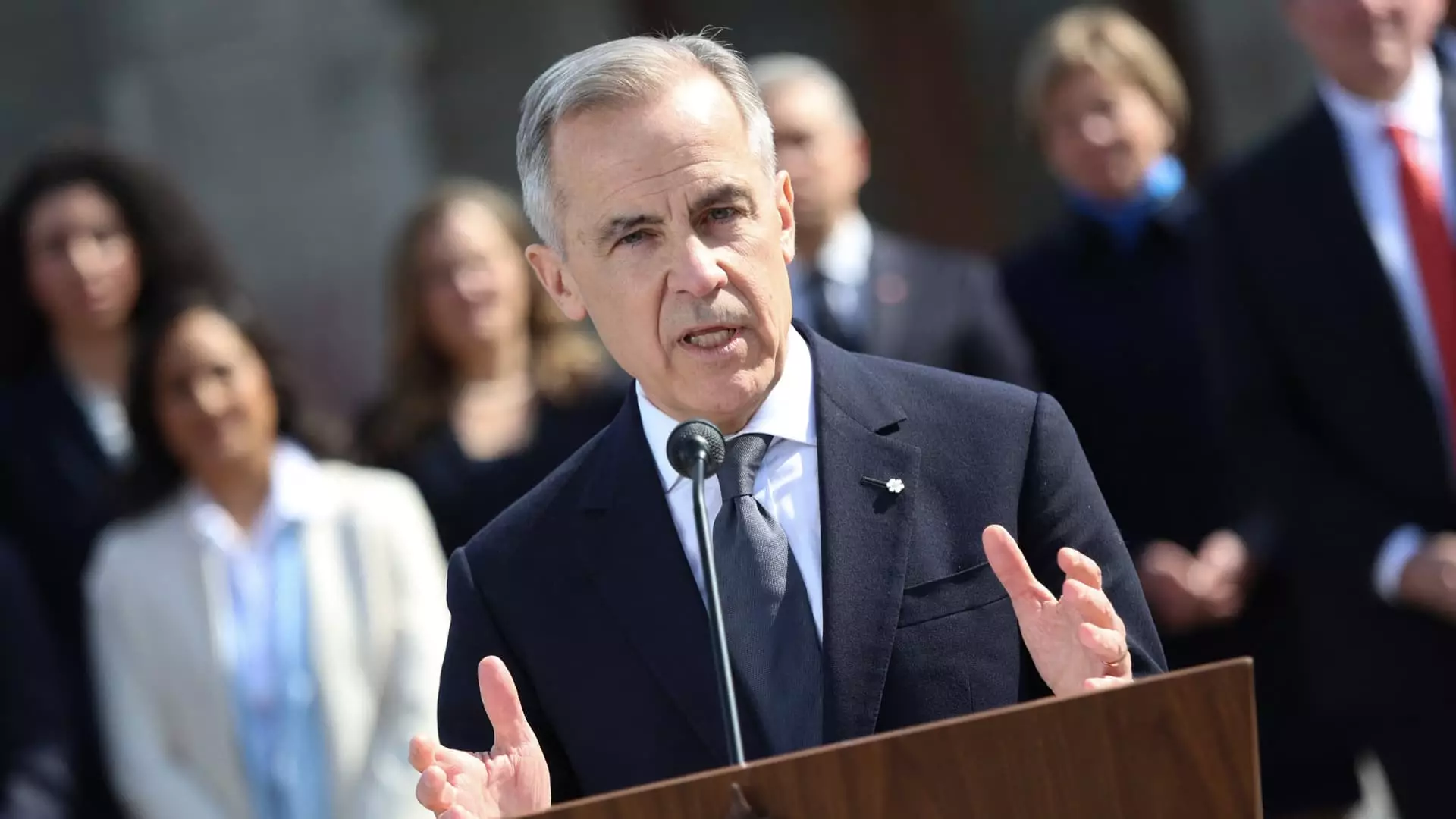In a political climate defined by strong national identities and rampant nationalism, any suggestion that a nation should relinquish its sovereignty evokes outrage. Recently, the newly sworn-in Canadian Prime Minister Mark Carney boldly rebuffed a peculiar claim by former President Donald Trump regarding Canada’s potential annexation as the 51st state of the United States. As a member of the Liberal Party and former head of the Bank of Canada and the Bank of England, Carney’s unequivocal stance serves not only as a defense of Canadian sovereignty but as a reminder of the rich complexity and diversity that defines Canada’s national identity.
Historical Context: The Foundations of Canadian Identity
To understand Carney’s vehement denial of annexation, one must consider Canada’s historical roots. Since its Confederation in 1867, Canada has cultivated a national identity marked by tolerance, multiculturalism, and a commitment to progressive values. Unlike the U.S., which often prioritizes individualism and aggressive nationalism, Canada’s ethos thrives on collective welfare and social equity. This divergence is precisely why Carney stated, “America is not Canada.” By rejecting any thought of annexation, Carney is safeguarding a legacy that emphasizes differences—both in governance and societal values.
Economic Independence: More Than Just a Board Game
Carney didn’t stop at the emotional and historical implications of annexation; he pointed to economic sovereignty as a critical factor. For instance, the notion of merging economies could mean a dilution of Canada’s strong economic stance—characterized by a robust social safety net and public healthcare. Carney’s assertion that “the economics means we shouldn’t” encapsulates a broader narrative: Canada must prioritize jobs and economic growth tailored to its unique context rather than become a cog in an increasingly polarized American machine.
Relying too heavily on the U.S. could jeopardize Canadian industries that thrive on international partnerships and trade agreements outside of American circles. By focusing on diversifying trade relationships and investing in domestic capabilities, Canada is poised to reinforce its economic independence.
Respect and Diplomacy: A Different Kind of Leadership
In an era marked by unorthodox diplomacy and often incendiary rhetoric, Carney’s tone was one of respect—not subservience. When he commented on the relationship with the United States, he emphasized that while they respect the U.S. and President Trump, Canada is “masters in our home.” This statement can be interpreted as a reassuring affirmation that while Canada will engage in dialogue, it will do so on its own terms. The reference to “nice things” signifies that Canada won’t be swayed or coerced into strategic relationships that serve an external agenda.
Global Conversations: Redefining Partnerships
Carney’s comments come at a time when global politics is rapidly evolving, and the geopolitical balance of power is being challenged. For Canada, engaging in global conversations about trade, environment, and human rights is essential. The Prime Minister’s insights imply a need to establish partnerships rooted in mutual respect and shared goals, positioning Canada as a leader rather than a follower.
By investing in these relationships, Canada can better advocate for its interests without the overshadowing presence of an American regime fixated on imperialistic ideas. Carney’s vision of “building with different partners abroad” is not merely an optimistic dream; it’s an achievable goal that could redefine Canada’s role on the world stage.
The Vision for the Future: Canada’s Path Ahead
The long-term implications of Carney’s response could create a ripple effect throughout Canada’s socioeconomic fabric. Prioritizing Canadian identity and values while rejecting imperialistic attitudes lays the groundwork for a stronger nation—one not just defined by its geography but by its principles. In rejecting the notion of becoming a U.S. state, Canadians are encouraged to embrace their unique identity and push for a future characterized by self-determination.
This aligns with the broader liberal ideal of enhancing individual freedoms and community well-being while fostering global collaboration. As Canada navigates a path that secures its independence and respects its multifaceted identity, it sets an example for nations facing similar challenges.
In a world that often seeks to homogenize, Canada’s commitment to preserve its uniqueness is not just an act of defiance; it is an embodiment of progressive liberal principles that champion freedom, tolerance, and respect for human dignity.


Leave a Reply